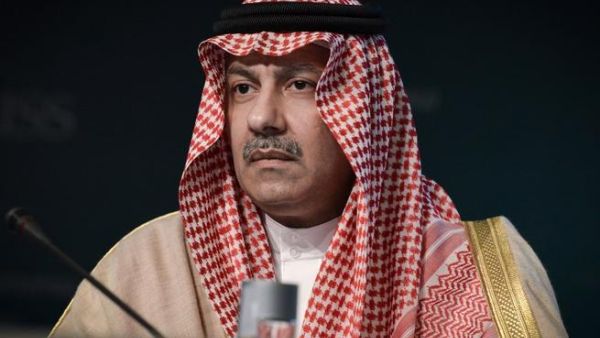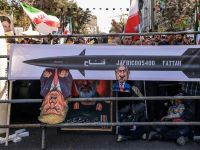Yesterday, an announcement emerged from the Kingdom of Saudi Arabia revealing a lack of tolerance for ‘instability’. Saudi’s deputy foreign minister was speaking on behalf of the states of the Gulf Cooperation Council (GCC) at an international security summit hosted by Bahrain, when he revealed the zero tolerance Gulf stance to Arab unrest.
The FM, HH Prince Abdulaziz bin Abdullah said that Saudi could not "tolerate instability" that might challenge the Western-allied leaders of the Gulf states from Kuwait to Oman. He elaborated that the Gulf Arab states would have to crush any ‘Arab Spring-inspired unrest’ rather than risk undermining their leadership.
So far, ‘Arabian’ uprisings have been restricted for the most part to flashpoint Bahrain, where a full-scale revolution seemed to have been been afoot for the better part of 2011, and on a drastically lighter scale, to the East coast ‘Qatif’ region of Saudi Arabia. Kuwait in 2012 has seen a resurgence in anti-government protests, particularly in response to a ban on protests.
The comments by the Saudi deputy foreign minister fall in line with senior Gulf officials from the oil-rich region generally calling to intensify crackdowns on perceived opposition such as rights activists and Islamists, usually from the Shiite camp.
His remarks would also back the Saudi-led Gulf intervention last year in Bahrain to quash the uprising by the kingdom's Shiite-led majority.Bahrain until today is the exception to the otherwise relatively calm Gulf region.
The UAE has so far managed to keep its head above avoid the protest fever so far.








